Ecology
Preliminary Ecological Appraisal (PEA)
Find out how wildlife habitats may impact your development with a Preliminary Ecological Appraisal.
A Preliminary Ecological Appraisal (often known as a Phase 1 Habitat Survey) is an initial survey required when developing a site. The PEA gives an overview of wildlife habitats, protected species and flora and fauna on your site, helping to make sure your development stays within UK wildlife regulations.
Our expert ecologists will use a range of methods for your PEA. They’ll walk your site, looking for signs of wildlife habitats, and map out where species such as bats, birds, reptiles or water voles are present. They will then combine this information with existing biological records of the site and surrounding areas, forming the basis of your Preliminary Ecological Appraisal report.
Because our team is so thorough with their approach, you won’t receive a ‘copy and paste’ standard report. We only produce customised reports, fully tailored to your development, so you have all the facts and figures needed to move your project forward.
Navigate any protected wildlife challenges with our expert ecology guidance
Our ecologists know everything you need to know about protected species, hibernation patterns and when you can and can’t perform a survey. So as part of your Preliminary Ecological Appraisal we’ll highlight the challenges that wildlife may present to your development. And when it’s completed, we won’t just walk away; we’ll guide you through every part so you have a thorough understanding of all that’s required.
What to expect for your Preliminary Ecological Appraisal (PEA) Report
- We’ll identify priority and protected habitats and species
- We’ll use historical maps and aerial photos to gather site information
- We’ll pinpoint any designated nature conservation sites
- We’ll collect records of protected or priority species present
- We’ll conduct an ecological assessment of the possible presence of safeguarded or priority species, including plants, fungi, reptiles, dormice, bats and other protected species
- We’ll indicate where rare plants may exist
- We’ll highlight any ecological restraints to your project
- We’ll create a list of further ecological surveys that may be required
- We’ll identify any opportunities for ecological enhancement.
Our ecological consulting services
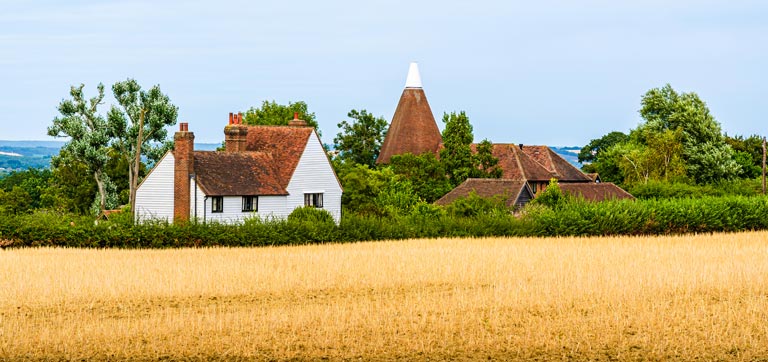
Preliminary Ecological Appraisal (PEA)
A PEA provides an initial overview of how the proposed development might impact legally protected wildlife habitats and biodiversity.
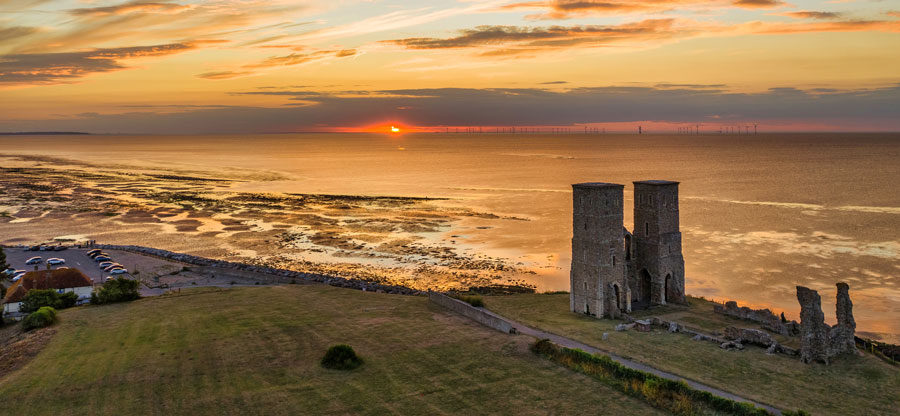
Habitat Regulations Assessment (HRA)
We can provide ecological information reports to support all stages of the Habitat Regulations Assessment (HRA) for both development projects and local plans.
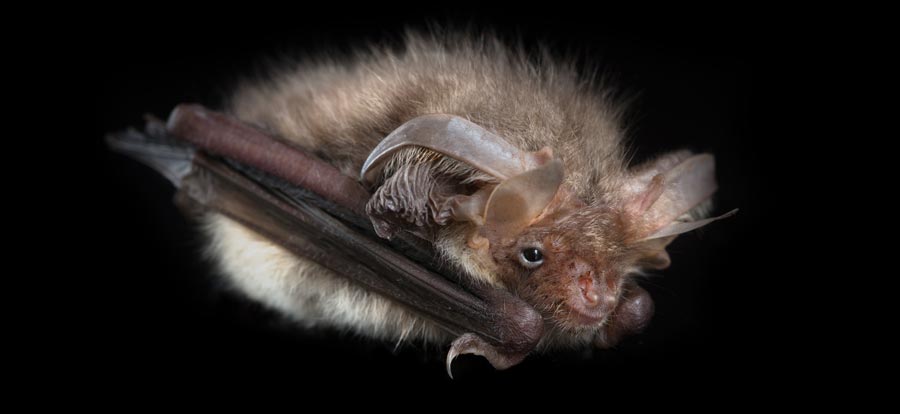
Bat surveys
Bats and their roosts are legally protected, so we recommend carrying out a Preliminary Roost Assessment (scoping bat survey) of trees, buildings and structures that proposed works may impact.

Dormice surveys
If you're proposing works in areas and habitats known to lie within the dormouse range, you may need a presence/likely absence survey to show how you’ll manage any harmful effects on this protected species.
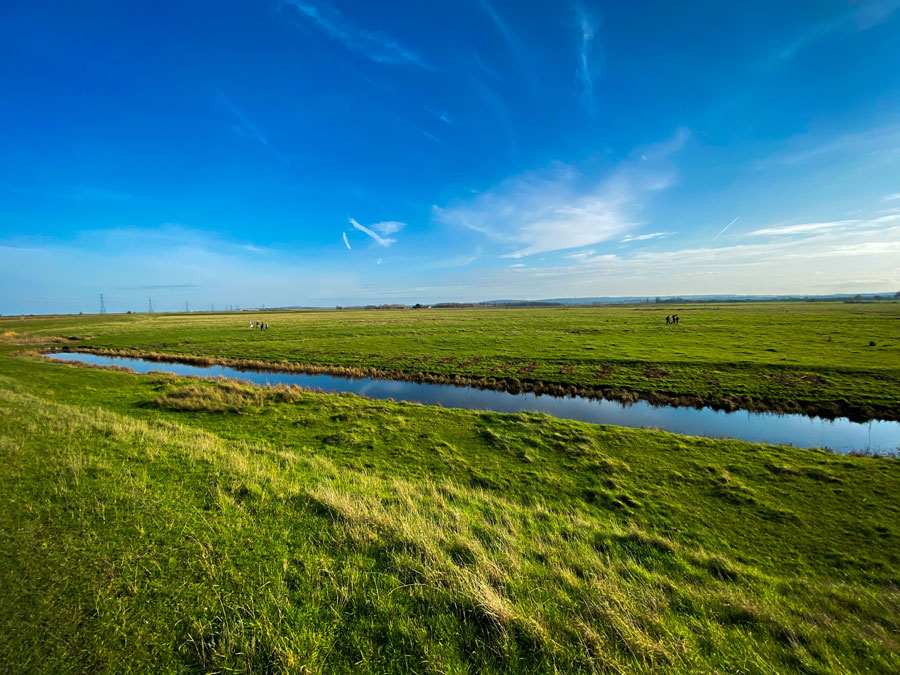
Ecological Impact assessment
An EcIA can be a stand-alone document for any planning application and can help identify any significant ecological impacts on the development project.
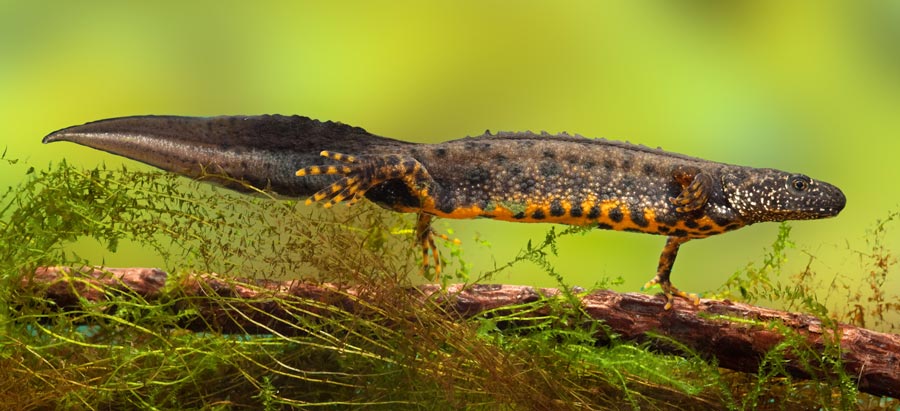
Great Crested Newt surveys
Great crested newts and their habitats are legally protected. These creatures can travel up to 500m from their breeding ponds, so a great crested newt survey should be undertaken when water bodies are nearby.

Reptile surveys
The more widespread reptile species are legally protected. If you’re conducting work that may impact reptiles, you’ll likely need presence / likely absence and population assessment surveys.

Nesting bird surveys
If you’re building at a location and time of year when birds may be nesting, we can conduct a nesting bird survey to find out if active nests are present.

Badger surveys
If you’re planning works within the vicinity of a confirmed or potential badger sett or in a habitat that is suitable for badger setts to be present, it’s worth contacting us for advice.
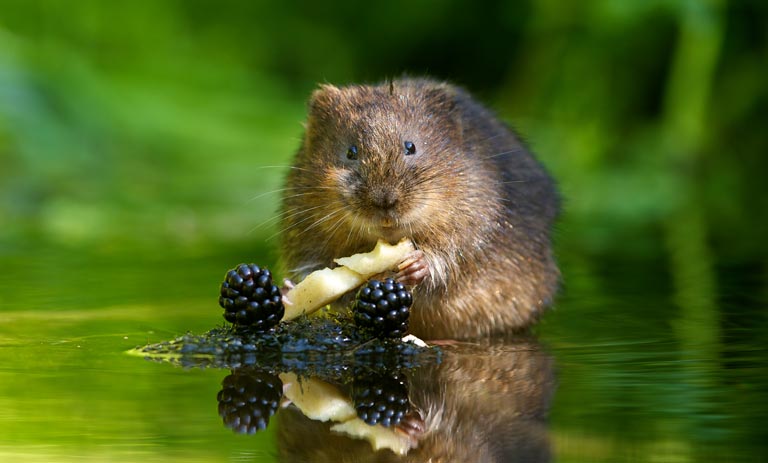
Water Vole surveys
If you’re planning works near a watercourse, you may need a water vole survey to assess how they will be impacted. Water vole surveys can be carried out between April and October.
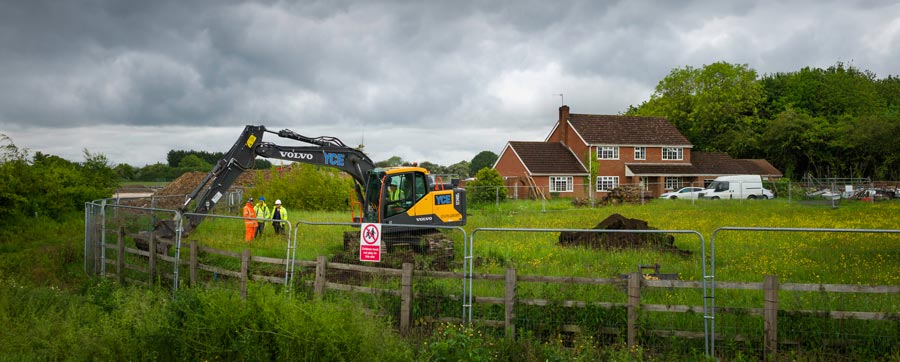
Ecological Clerk of Works (ECoW)
We can provide you with an Ecological Clerk of Works service, and field ecologists are on hand to help ensure that your building works stay legally compliant and wildlife habitats aren’t impacted.